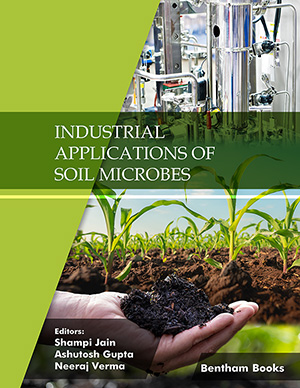Abstract
The massive parallel sequencing technology, applied to the taxonomy of
microorganisms, has been affecting the traditional phenotypic and molecular
phylogenies based on the sequence of a single gene or a small handful of genes. The
exponential accumulation of new, entire genome sequences of microorganisms in
public databases in recent years, especially in the fields of taxonomic and
biotechnology, is driving a conceptual revolution in the way of understanding the
concepts of species in microorganisms in general and fungi in particular. The problems
of drawing species boundaries, reclassification of species, discovering new taxa and
clades, recognizing synonyms, and new species for science can now be addressed with
genomic approaches. Derived from all this, much more robust high-resolution
phylogenies, based on core genomes or broad collections of genes and their deduced
proteins, are currently being reconstructed. Although this effort is still far from being a
canon in the taxonomy of yeasts, it will gradually turn into a change and challenge that
researchers are taking into account due to the great power and reliability of these
genomic approaches and bioinformatics tools. Likewise, the complete sequence of the
genomes of the strains of microorganisms of industrial or biotechnological interest will
allow limiting biopiracy, help protect patents, recognize the appellation of origin,
discourage violations of intellectual property rights, and resolve conflicts over the
rights of the commercial exploitation of microorganisms. In this chapter, an effort is
made to compare conventional taxonomy techniques with the latest work involving
genomic sciences as a key tool in yeast taxonomy.
Keywords: Bioinfomatics, Orthologues, Phylogenomics, Yeast, Yeast Taxonomy.






















